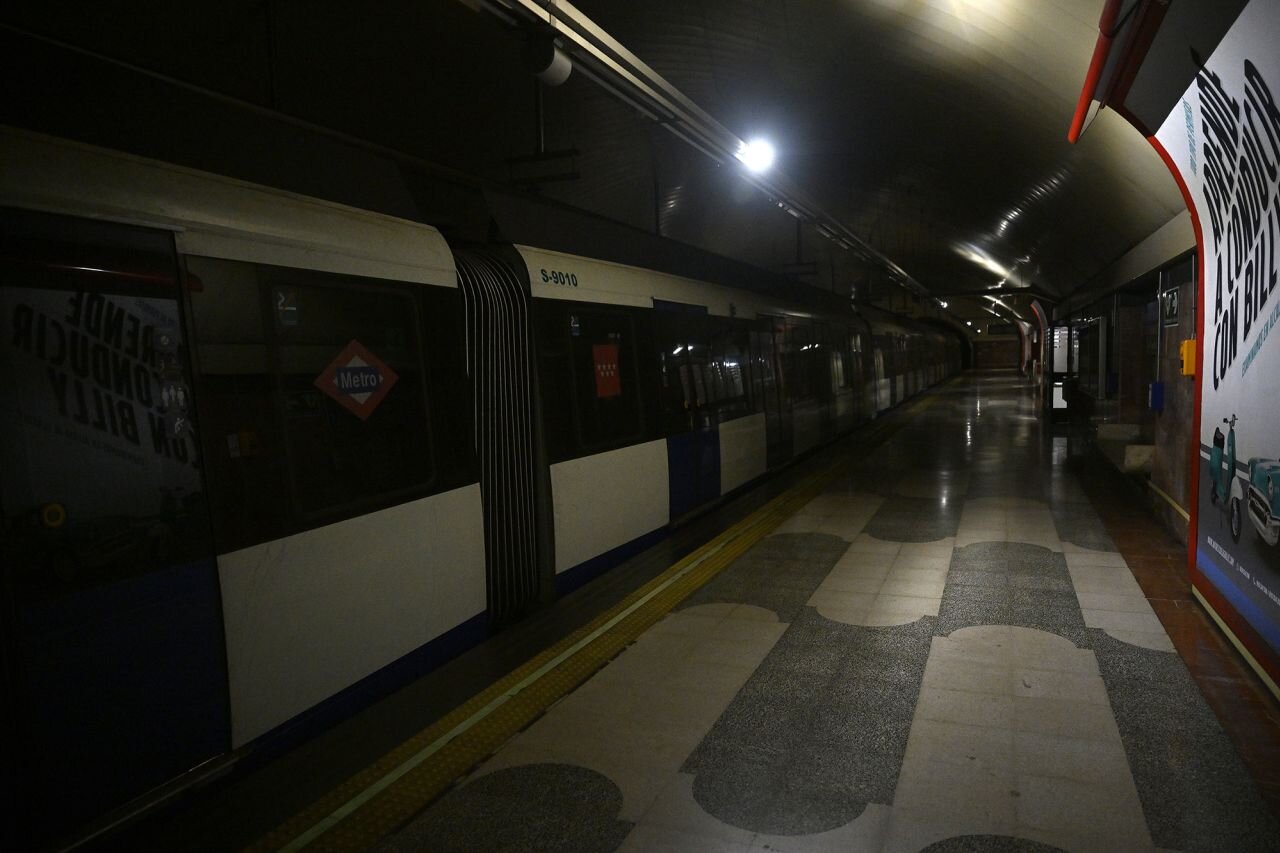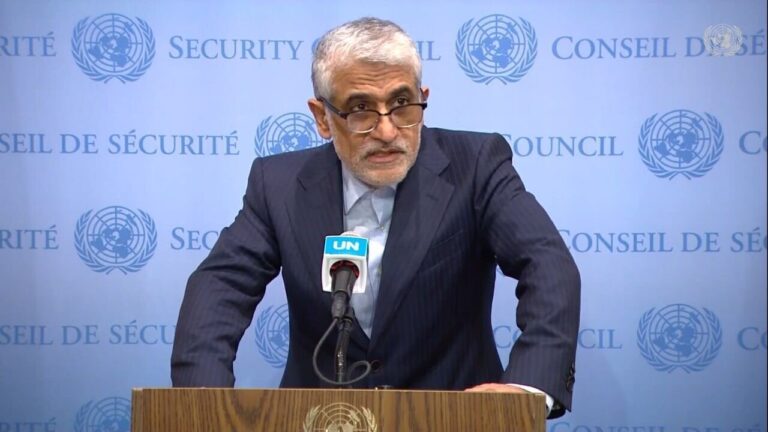Power Outages Disrupt Madrid’s Trains and International Airport Services
Severe power outages have recently struck the Spanish capital, Madrid, as well as several other major cities throughout the country, including Barcelona, Seville, and Valencia. These widespread outages have prompted urgent responses from local authorities and have significantly disrupted daily life and travel for residents and visitors alike.
According to CNN, Madrid’s mayor, José Luis Martinez Almeida, made a public announcement on state television urging citizens to minimize their movements. He emphasized that emergency services should only be contacted in cases of extreme necessity. Additionally, he recommended that people stay clear of the roads to facilitate the work of emergency personnel.
The situation has escalated with Madrid’s Metro announcing that all services have been halted due to a lack of electric supply. This has led to significant disruptions in transportation, with local media reporting that portions of the metro have had to be evacuated as a precautionary measure.
Furthermore, Madrid’s Barajas Airport, the primary international airport serving the city, is experiencing a blackout as well. Reports from local media indicate that the airport is facing substantial challenges, with flight tracker services revealing numerous cancellations and delays.
The power outages have raised concerns among residents and travelers alike, prompting discussions about the underlying causes and potential solutions. Here are some key points regarding the situation:
- Impact on Transportation: The disruptions in the metro system and at Barajas Airport have led to increased congestion on the roads as people seek alternative means of travel.
- Public Safety: The mayor’s call for minimizing movements underscores the seriousness of the situation and the need for citizens to prioritize safety.
- Emergency Services: The focus on keeping roads clear for emergency workers highlights the critical role these services play during such crises.
As local authorities assess the situation, the government is expected to implement measures to restore power and ensure the safety of all residents. The public is advised to stay updated through official channels and heed any warnings or advisories issued by local officials.
In response to the ongoing outages, city officials are likely to explore several avenues to mitigate the impact on daily life and restore normalcy. Here are approaches that may be considered:
- Emergency Response Coordination: Enhancing coordination among various emergency services to effectively manage the situation.
- Infrastructure Assessment: Conducting a thorough assessment of the electrical infrastructure to identify and rectify the causes of the outages.
- Public Communication: Improving communication strategies to keep the public informed about developments and safety measures.
The mayor’s proactive approach reflects a commitment to managing the crisis effectively, ensuring that residents feel supported during this challenging time. More information is expected to be released as the situation develops, and local officials are closely monitoring the situation for updates.
In conclusion, the severe power outages in Madrid and other Spanish cities highlight the vulnerabilities in urban infrastructure and the need for robust emergency preparedness plans. As the situation unfolds, residents are encouraged to remain calm, follow official guidance, and prioritize their safety and that of others.






